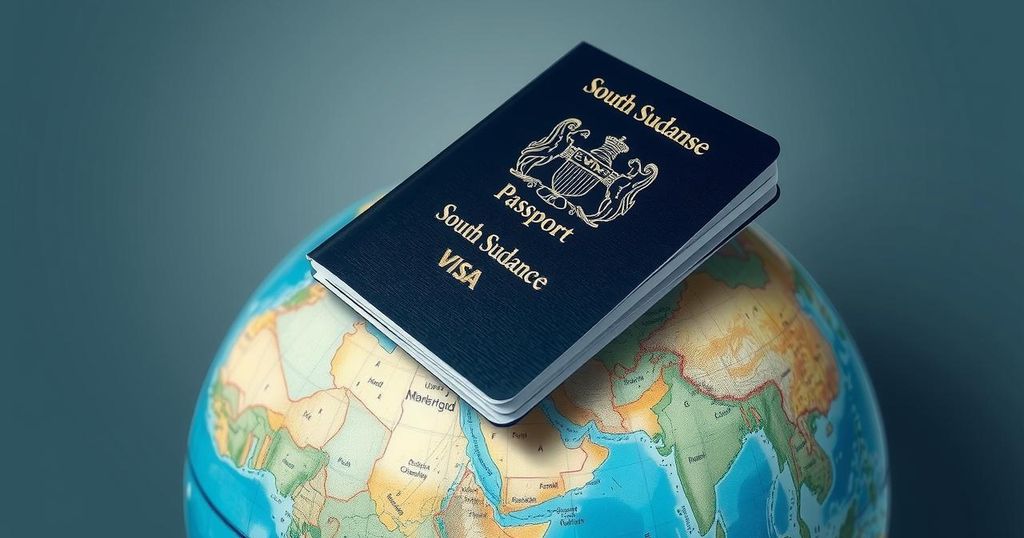Sri Lankan President Anura Kumara Dissanayake will visit China in January for discussions with the country’s largest bilateral lender, following a successful foreign debt restructuring. This comes as Sri Lanka’s economy recovers from an IMF intervention, addressing previous financial instability exacerbated by significant debts, particularly to China. Dissanayake’s administration aims to combat corruption while navigating the complex geopolitics of Indian Ocean influence between India and China.
President Anura Kumara Dissanayake of Sri Lanka is scheduled to visit China, the nation’s largest bilateral lender, in January to discuss financial matters. This announcement follows the successful completion of a protracted foreign debt restructuring process earlier this month. China constituted over half of Sri Lanka’s bilateral debt during the 2022 economic crisis, which left Colombo unable to access essential imports, including food, fuel, and medicines.
Since receiving an International Monetary Fund (IMF) rescue package and implementing austerity measures aimed at stabilizing the economy, Sri Lanka has shown signs of recovery. Dissanayake, a leftist leader who assumed office in September, emphasized anti-corruption in his agenda, solidified further by his party’s decisive win in snap elections. The President mentioned, “I will be going to China mid next month,” indicating the importance of this visit as he did not specify an exact date.
The President’s initial international trip as head of state was to India, where he received a warm reception from Prime Minister Narendra Modi on December 16. This visit reflects the ongoing rivalry between India and China for dominance in the strategic Indian Ocean region, where Sri Lanka plays a pivotal role due to its location along a crucial global shipping route linking the Middle East and East Asia.
On a recent note, Fitch Ratings raised Sri Lanka’s long-term foreign currency issuer default rating to CCC+, reaffirming that while the debt restructuring has alleviated some burdens, the country still faces substantial debt-to-GDP and interest-to-revenue challenges in the medium term.
Sri Lanka has been grappling with a significant economic crisis, which was exacerbated by its heavy reliance on foreign debt, particularly from China, which contributed to the soaring national finances at the time of the 2022 economic collapse. The restructuring of foreign debt has been a vital step in restoring economic stability, as the country seeks to navigate recovery with the assistance of international lenders such as the IMF. The shift in political leadership under Dissanayake also adds a layer of complexity to the dynamics of international relations within the region, especially in the context of China and India’s competing interests.
In conclusion, President Dissanayake’s forthcoming visit to China highlights the critical financial relationship that Sri Lanka shares with its largest lender amidst ongoing economic recovery efforts. Following extensive debt restructuring aided by the IMF, Sri Lanka is positioned to renew discussions regarding its financial future. This visit signifies a strategic move by Dissanayake’s administration as it seeks to balance foreign relations, particularly with India and China, in a geopolitically significant region.
Original Source: www.barrons.com




